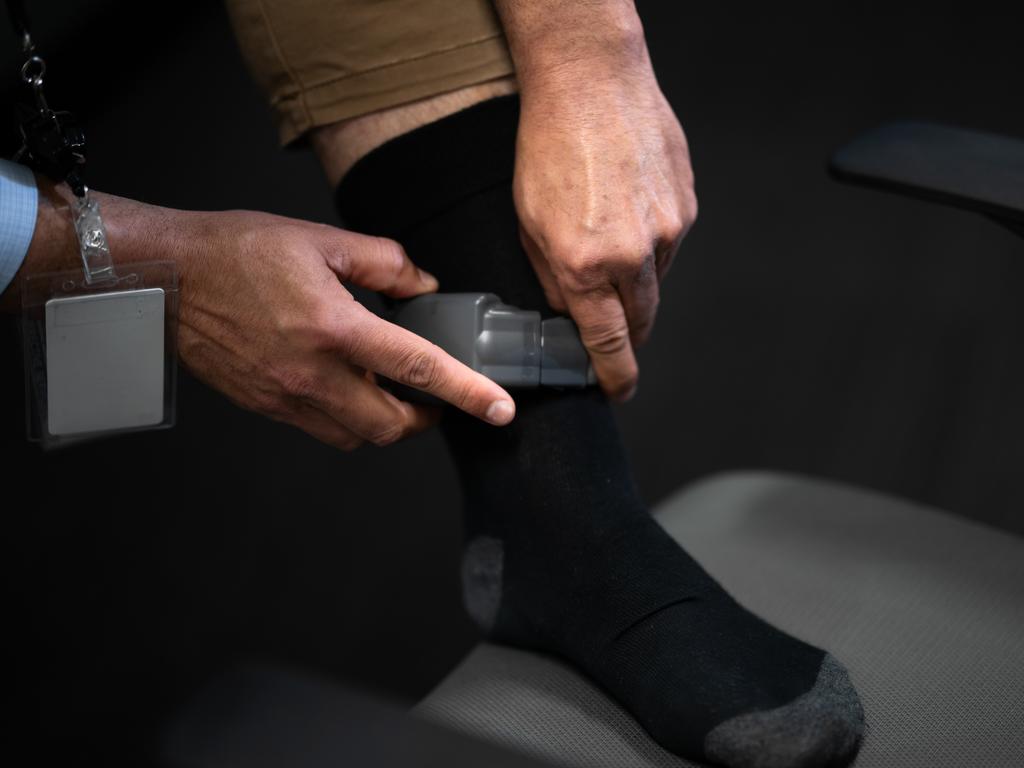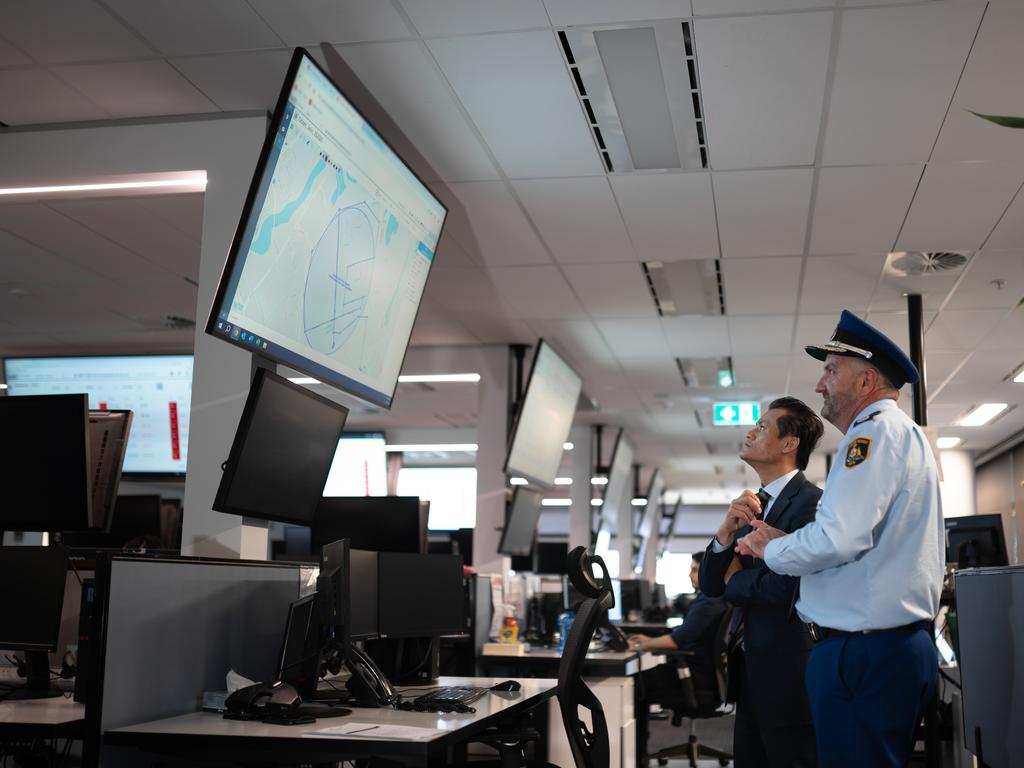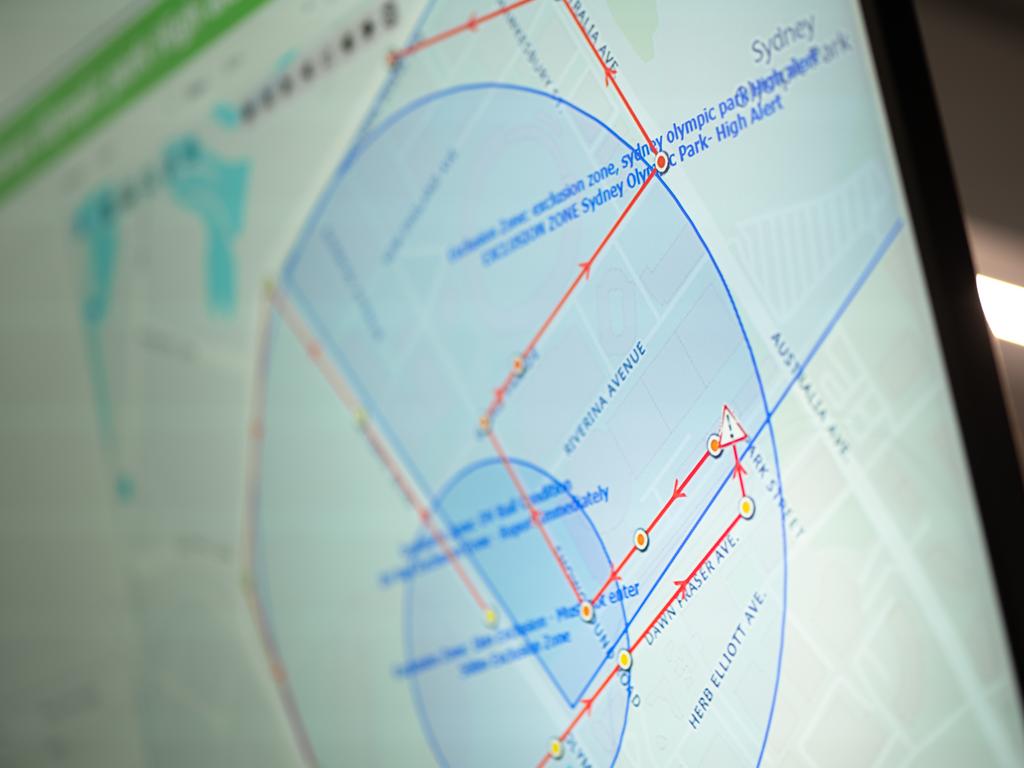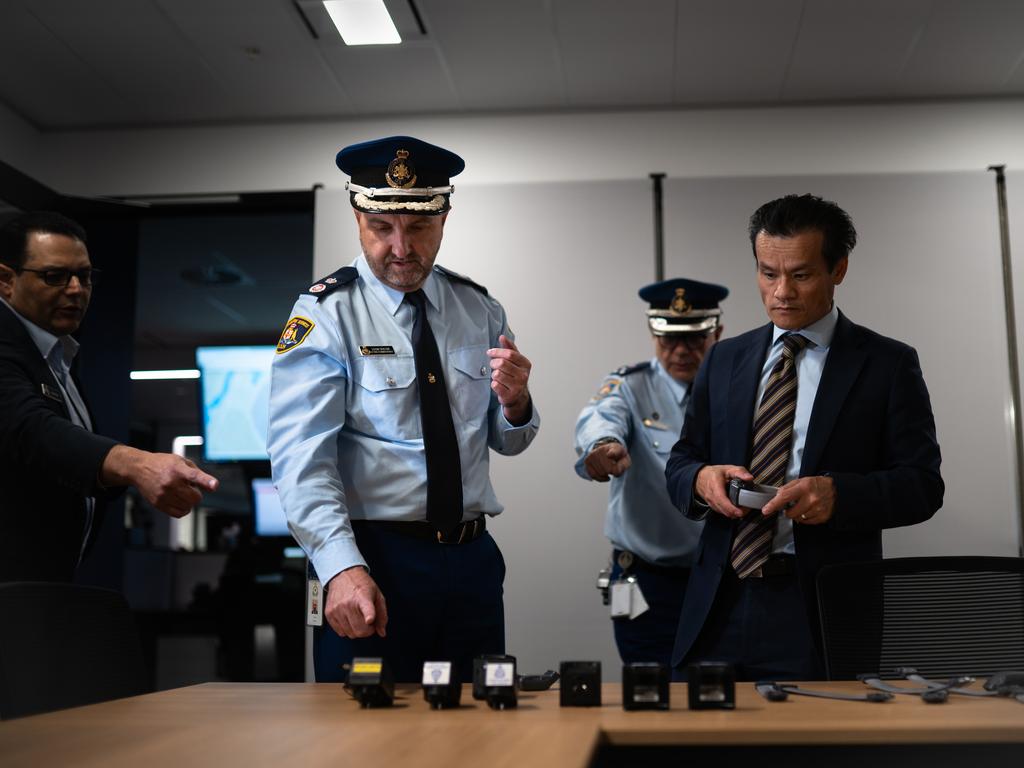‘Vital’: Alleged serious domestic violence offenders to be tracked with GPS if granted bail in NSW
A new program to track serious domestic violence offenders will be introduced in one state after a crackdown on coercive control and bail laws.

Alleged serious domestic violence offenders in NSW will be electronically monitored with a GPS if they’re granted bail, as part of a fresh DV crackdown.
Corrective Services NSW (CSNSW) officers will be able to track alleged offenders against geographic bail conditions, which can include schools, residential addresses, work locations, and even suburbs or city areas where people need protection.


If an alleged offender enters a restricted zone CSNSW officers will be notified immediately.
CSNSW acting commissioner Leon Taylor said the new program will allow the Corrections team to then alert NSW police to potential bail breaches “in real time, allowing them to enact their safety plan”.
It builds on previous laws allowing CSNSW to monitor high-risk domestic violence perpetrators on parole orders and Intensive Correction Orders around the clock.
NSW Corrections Minister Anoulack Chanthivong said “women, children, and others in danger deserve to live their lives in safety, free from the threat of domestic violence”, while NSW Minister for the Prevention of Domestic Violence and Sexual Assault Jodie Harrison also backed the program.
“Electronic monitoring of people accused of serious domestic violence while they are out on bail prioritises victim-survivors’ safety and ensures alleged perpetrators abide by their bail conditions,” Ms Harrison said.


Women’s Safety Commissioner Hannah Tonkin said these kinds of reforms are “vital” to “better protect at-risk women across the community”.
“These changes will give victim-survivors of domestic and family violence greater peace of mind and support their safety planning while the matter is dealt with in the courts,” Ms Tonkin said.
It follows the criminalisation of coercive control across the state, which is linked to a pattern of behaviour that can include financial and emotional abuse, violence and intimidation, threats against pets or loved ones, tracking someone’s movements, or isolating them from family and friends.
Fresh data from Bureau of Crime Statistics and Research (BOSCAR) found NSW Police had already recorded 56 coercive control incidents across July and August, with each incident including an average of three controlling behaviours such as harassment, tracking, shaming, humiliating, threats and intimidation.
Harsher bail measures have also been brought in this year for alleged offenders who commit serious DV offences against intimate partners, including sexual assault, strangulation with intent to commit another offence and kidnapping against intimate partners.

NSW Attorney-General Michael Daley said “domestic violence is an abhorrent crime” that will not be tolerated by the NSW government.
“Earlier this year the NSW Government toughened bail laws that raised the threshold and added additional factors to be considered before bail could be granted for alleged serious domestic violence offenders, placing the onus on them to show the court why their detention isn’t justified,” Mr Daley said.
“We’ve seen an increasing number of alleged serious domestic violence offenders on remand, signalling these bail reforms are indeed working.”
BOSCAR data released earlier this week revealed the number of domestic AVOs in NSW has risen by more than 50 per cent in the second quarter of this year compared with the same period in 2020.
The data also found about 4 per cent of apprehended domestic violence orders were breached in the second quarter of this year, while one in five are beached overall — though the breach rate has remained stable since 2020.





